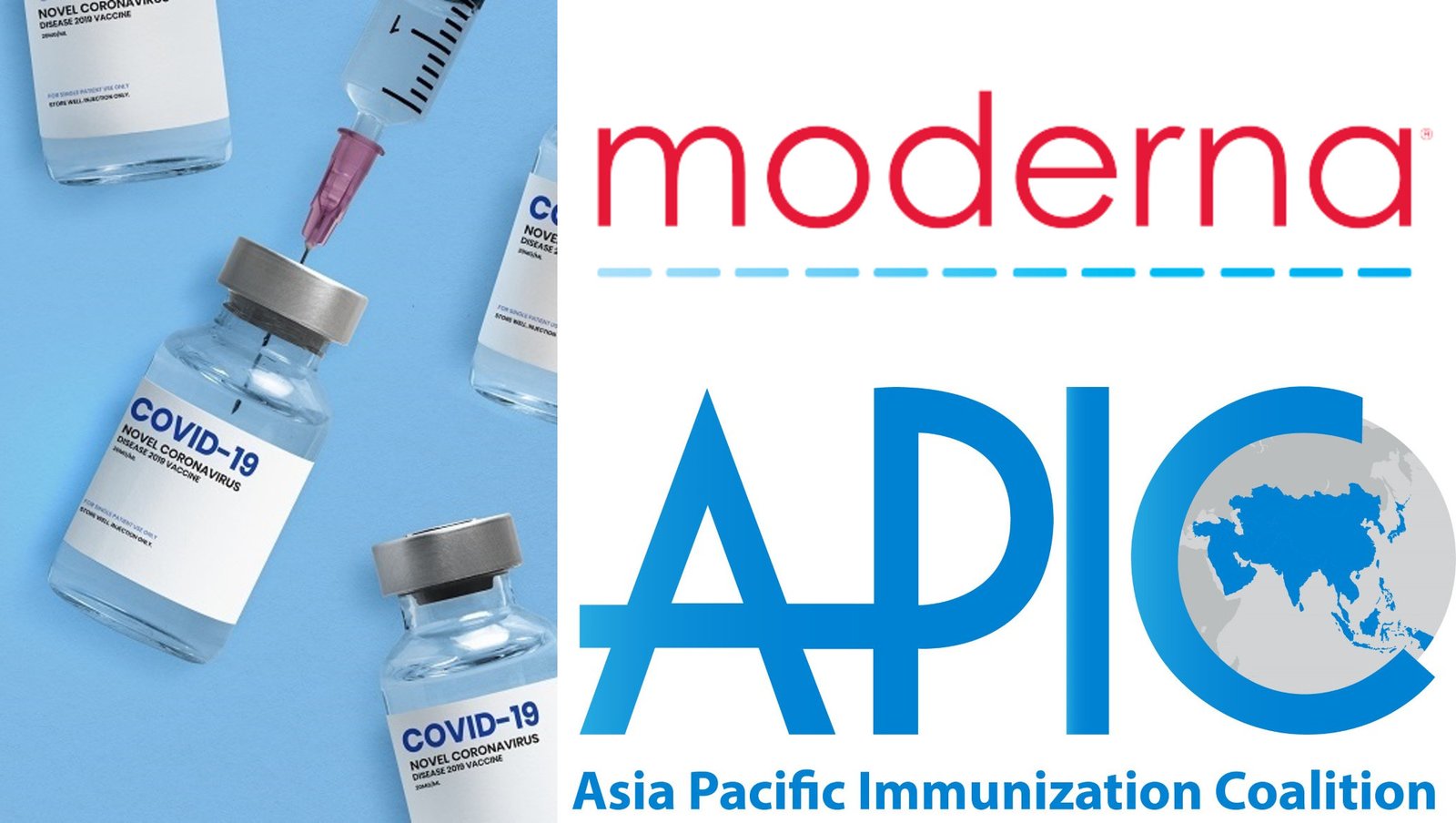
Graphics: Biospectrum Asia
The results from a new YouGov survey called, ‘What’s Next for COVID-19 in Singapore?’, commissioned by Moderna Biotech Singapore and the Asia Pacific Immunization Coalition (APIC), were revealed during a special expert panel discussion on 25 April 2023. The survey results, timed to coincide with World Immunization Week (24 to 30 April), show that around a third of those deemed to be most at risk from severe infection no longer see the virus as a threat to their health and do not plan to take further booster vaccines.
According to the survey, only 15% of those aged over 60, a group deemed to be at risk from severe illness, hospitalization and death from COVID-19, see the virus as a high or very-high risk to their own health. Similarly, less than a quarter (23%) of the respondents in the three leading medically-vulnerable population groups (people with diabetes, heart conditions and chronic lung conditions) feel COVID-19 poses a high or very-high risk to their health. With COVID-19 now being treated as endemic in Singapore, and with infection rates on the rise, this survey reveals that 38% of those over 60 and 31% of those with the three analyzed underlying medical conditions, do not plan to take additional booster shots in the future.
Professor Tikki Pangestu, Co-Chair of APIC, commented: “This survey reveals some fascinating but worrying information around people’s thoughts about COVID-19 and vaccines. The pandemic has changed Singapore and we might never be the same again. However, we have seen that Singapore has responded well and moved forward from the pandemic. We must now come together to discuss and agree on how we act now that the virus is endemic. Vaccines have been crucial in helping us emerge from the pandemic and they still have a large role to play, especially in protecting the vulnerable from severe infection.”
Evelyn Pang, General Manager of Moderna Biotech Singapore, explained: “As Singapore is now living with COVID-19 as an endemic virus, it is important that people recognize that the threat has not gone away and people aged over 60 and those living with long-term medical conditions continue to be particularly vulnerable to serious health complications arising from COVID-19 infection. We urge the public, especially those in these vulnerable groups to continue to remain vigilant, follow Government advice and speak to a medical professional about how best to protect themselves. In addition, with 49% of people stating that they have taken COVID-19 vaccines because they live with or interact with people who are elderly or who are medically vulnerable, there is a strong sense of solidarity amongst the wider population which is welcomed.”
Key Findings
As well as surveying over a hundred people in each of the three leading medically-vulnerable groups (127 with diabetes, 108 with heart conditions and 113 with chronic lung conditions), the main survey polled a nationally-representative sample of 1,110 adults who live in Singapore on their current attitudes, knowledge and behaviours around COVID-19 and their thoughts around ongoing vaccinations. Amongst the general public, here are some of the key findings:
Continuous Education Required to Ensure People in Singapore are Making Informed Decisions about COVID-19 Vaccines
The survey suggests that clear, credible information and guidance is still required, even though it has been more than three years of COVID-19 being part of people’s lives. When it comes to vaccinations, the survey found:
Additionally, some people question the science behind vaccinations. While there is good awareness that the bivalent COVID-19 vaccines were indeed updated from the original vaccines to target new variants such as Omicron (57%), 11% of respondents incorrectly think that taking a COVID-19 vaccine can create new variants of the virus, and 12% incorrectly believe that the bivalent COVID-19 boosters are less effective against new COVID-19 variants.
Dr Ong Kian Chung, President, Chronic Obstructive Pulmonary Disease Association (Singapore), said; “Accurate, up-to-date and credible information has been critical in our fight against the pandemic and that will continue to be vital in this endemic stage. To avoid confusion and ensure people do the right thing with respect to their health and protect themselves and their loved ones against COVID-19, we urge people to look towards governmental and official medical sources of information and speak to a doctor if they are in any doubt. This is especially important for people with long term illnesses such as Chronic Obstructive Pulmonary Disease who may require specific protection, ongoing vaccinations and extra support.”
Side Effects
The poll also looked into the potential impact that the perception of side effects might have on people’s willingness to receive ongoing COVID-19 vaccinations. 52% of those surveyed stated that they are concerned about the health complications of COVID-19 vaccines. Also, more than half of respondents (54%) stated that they fear the potential side effects of COVID-19 vaccines more than contracting COVID-19 itself.
Dr Ben Ng, Specialist in diabetes mellitus and thyroid disease, Arden Endocrinology Specialist Clinic, said; “COVID-19 vaccines have been proven to be both safe and effective. Like any approved medicine, there will always be a small proportion of people who have an adverse reaction. However, with COVID-19 vaccinations, those side effects are nearly always both mild and short-lived. I would urge people, especially those who are most at risk from suffering from severe infections of COVID-19, such as those with diabetes, to speak to their doctor about their concerns.”




